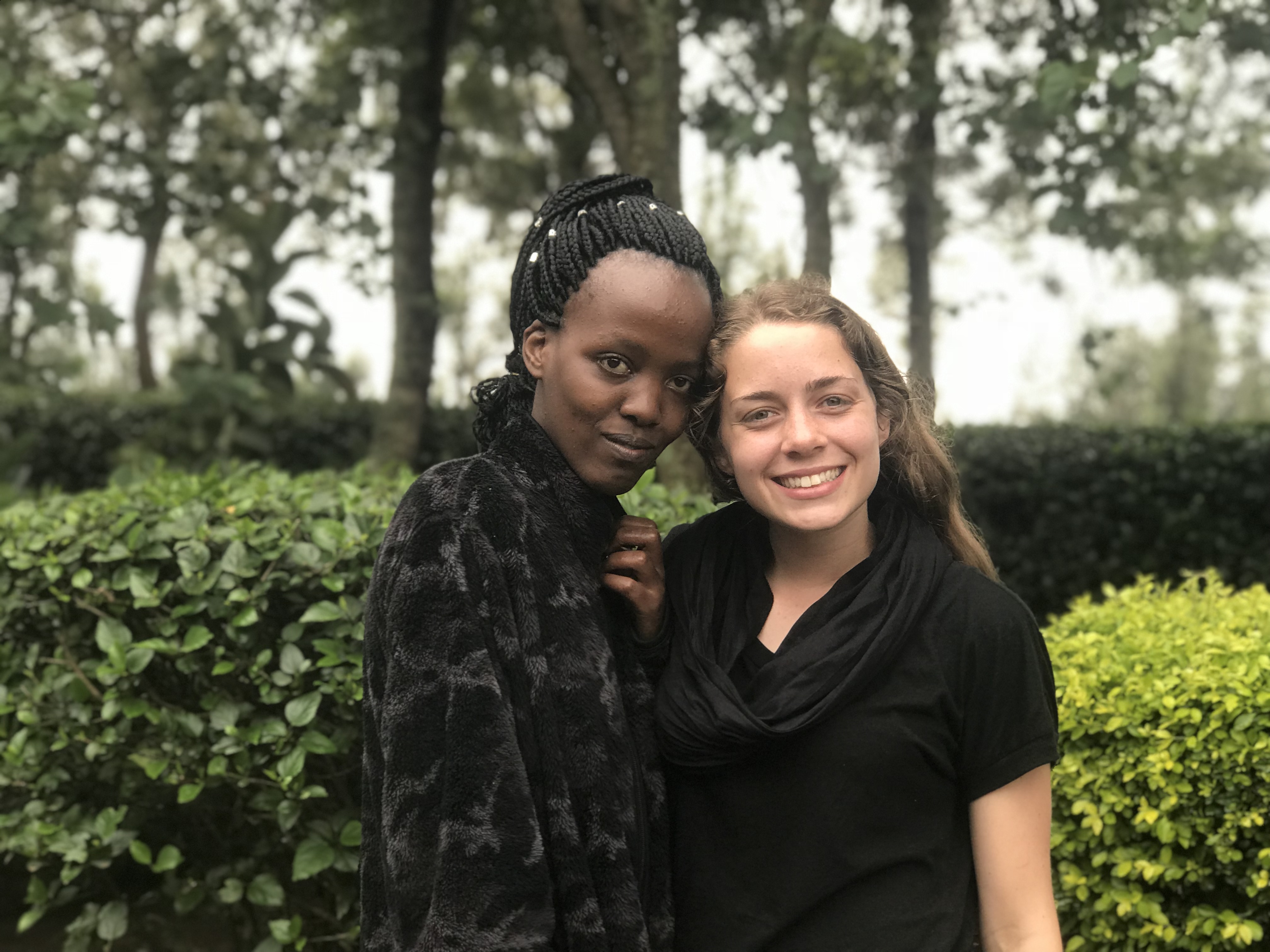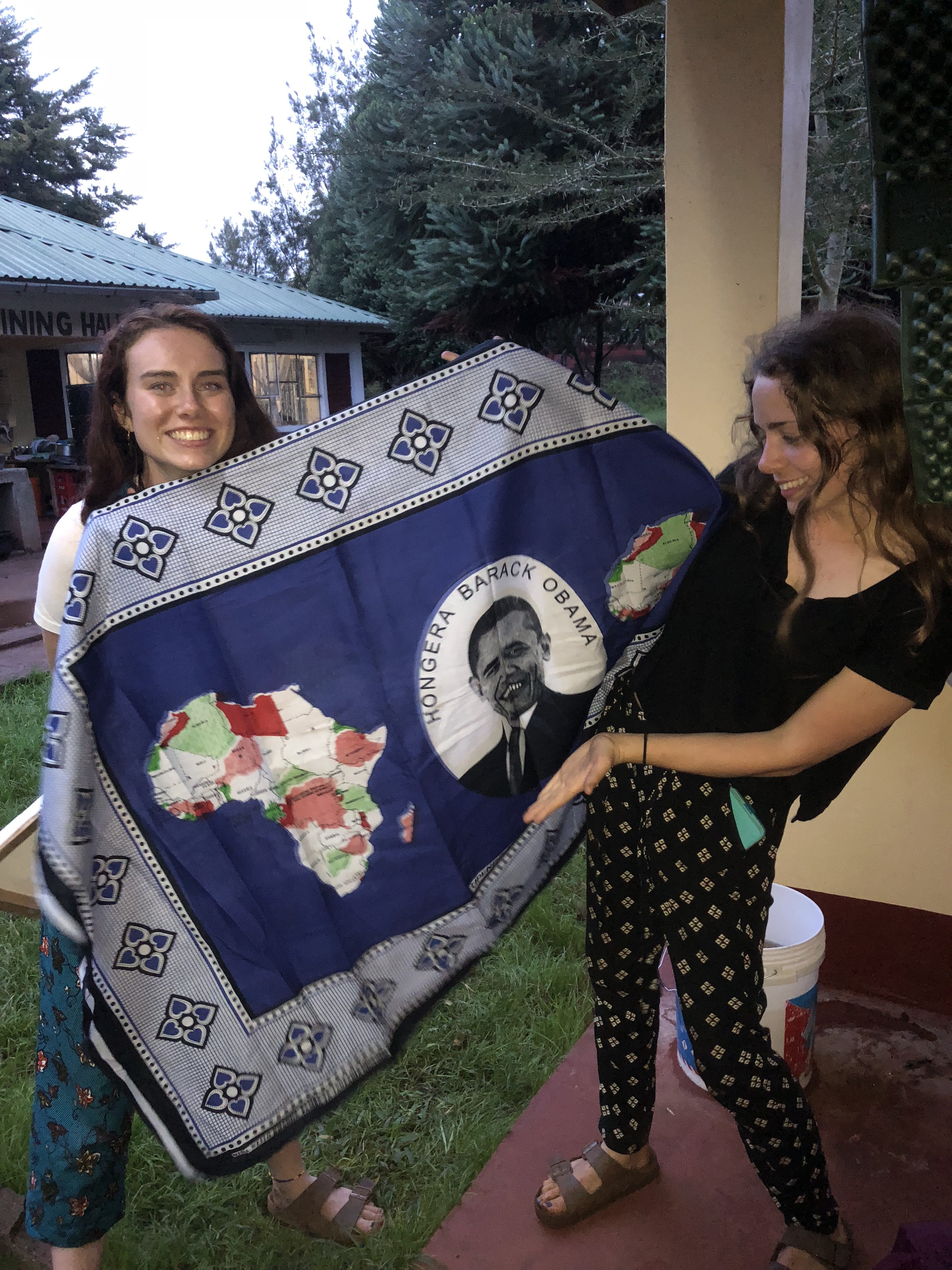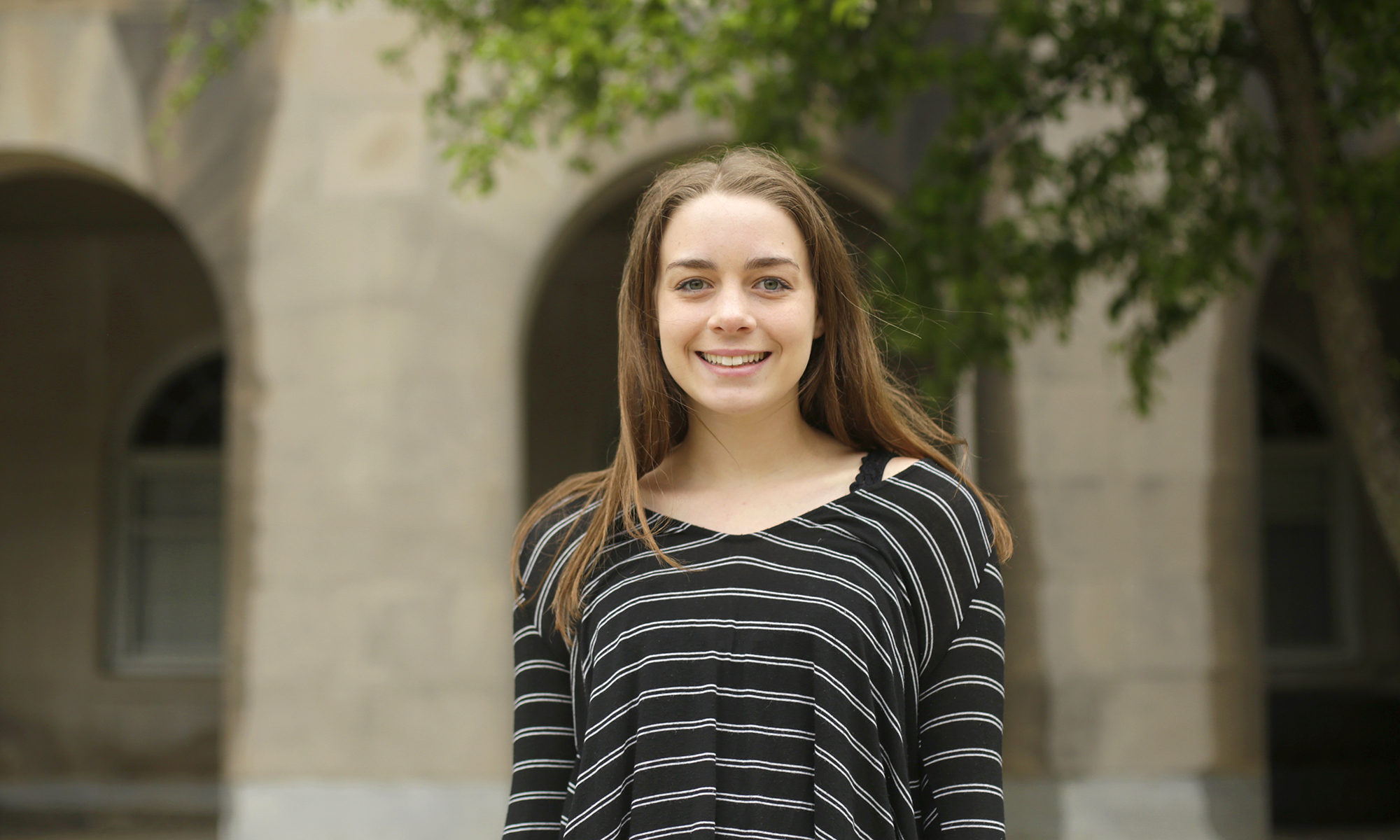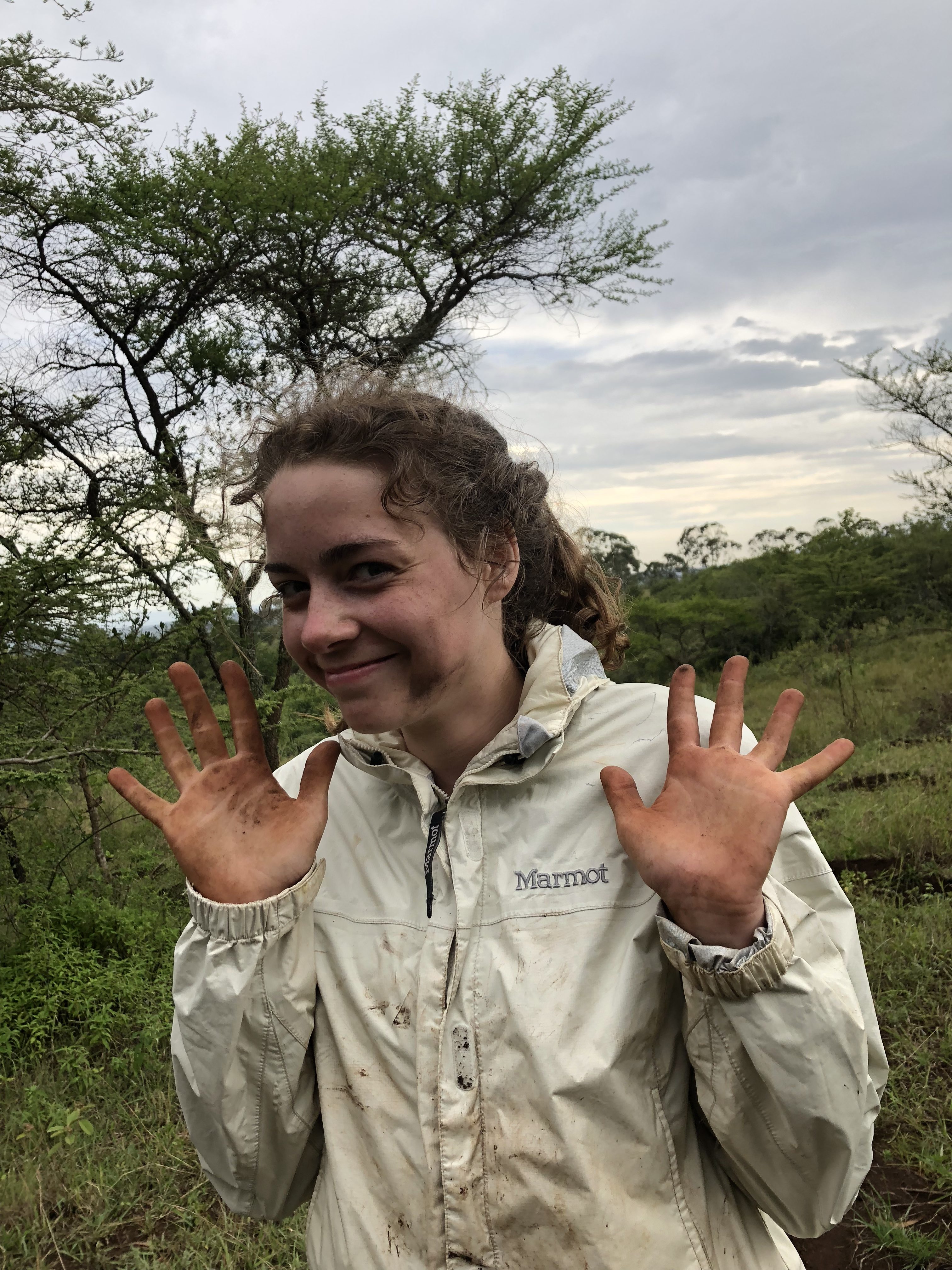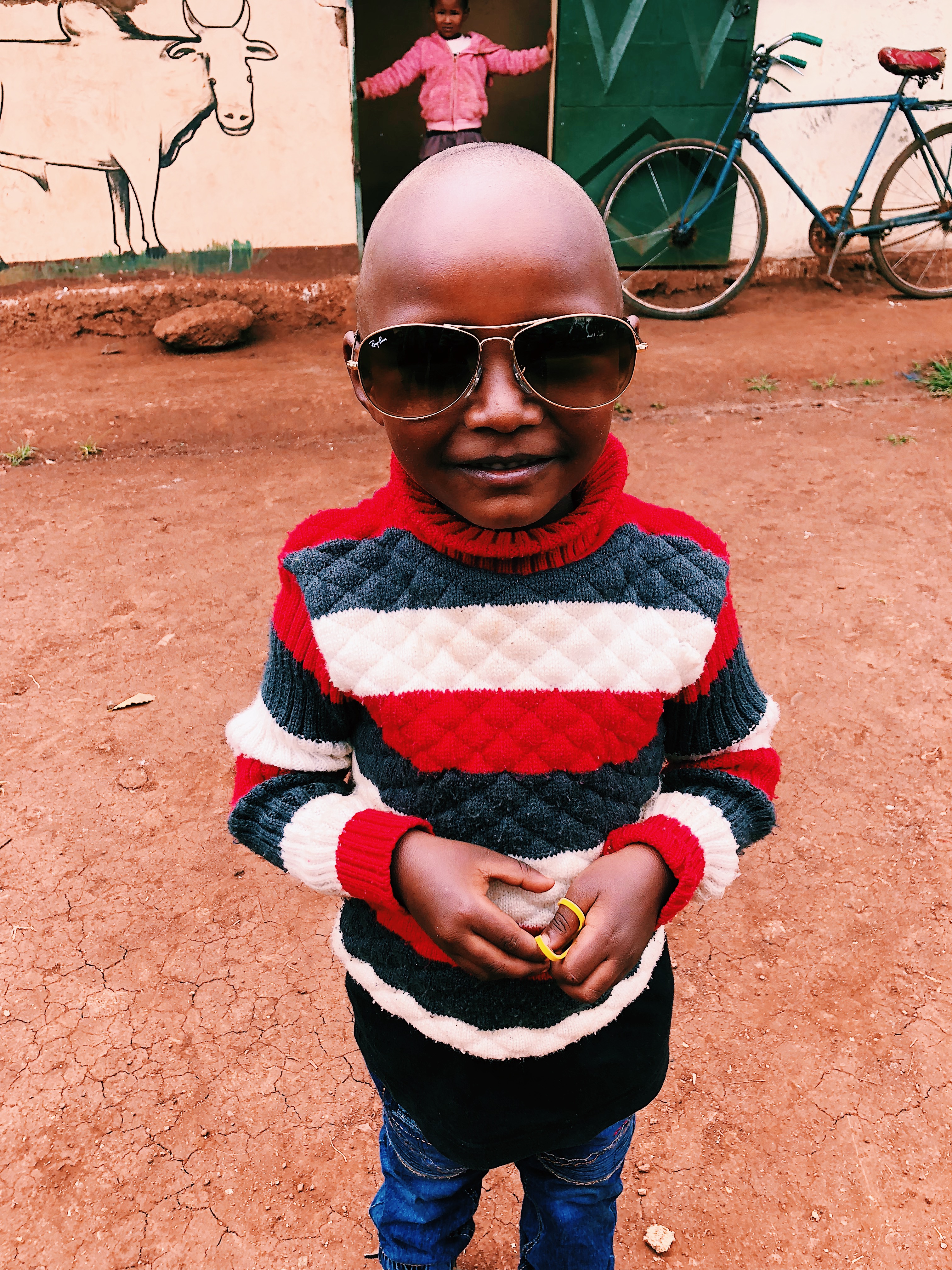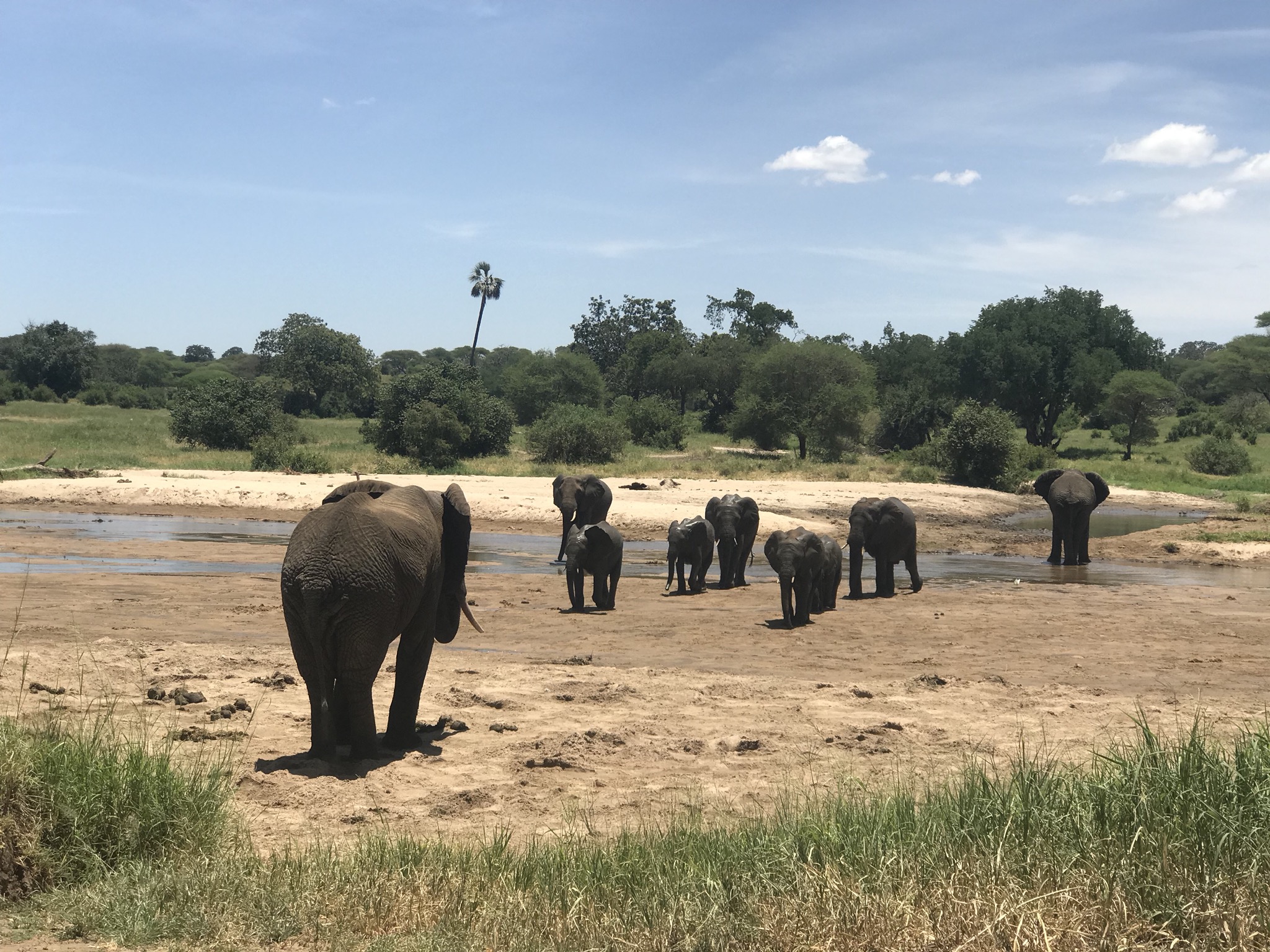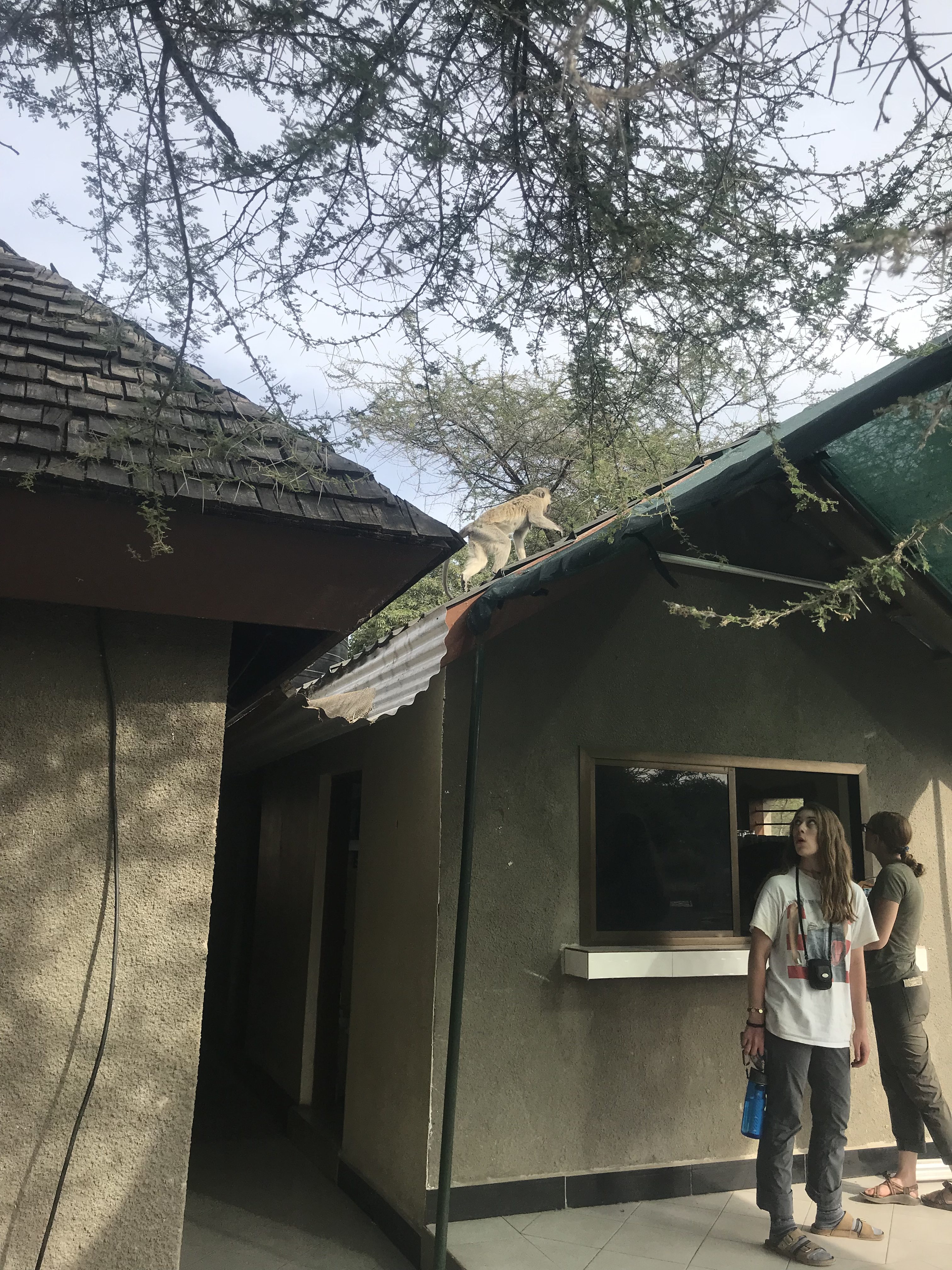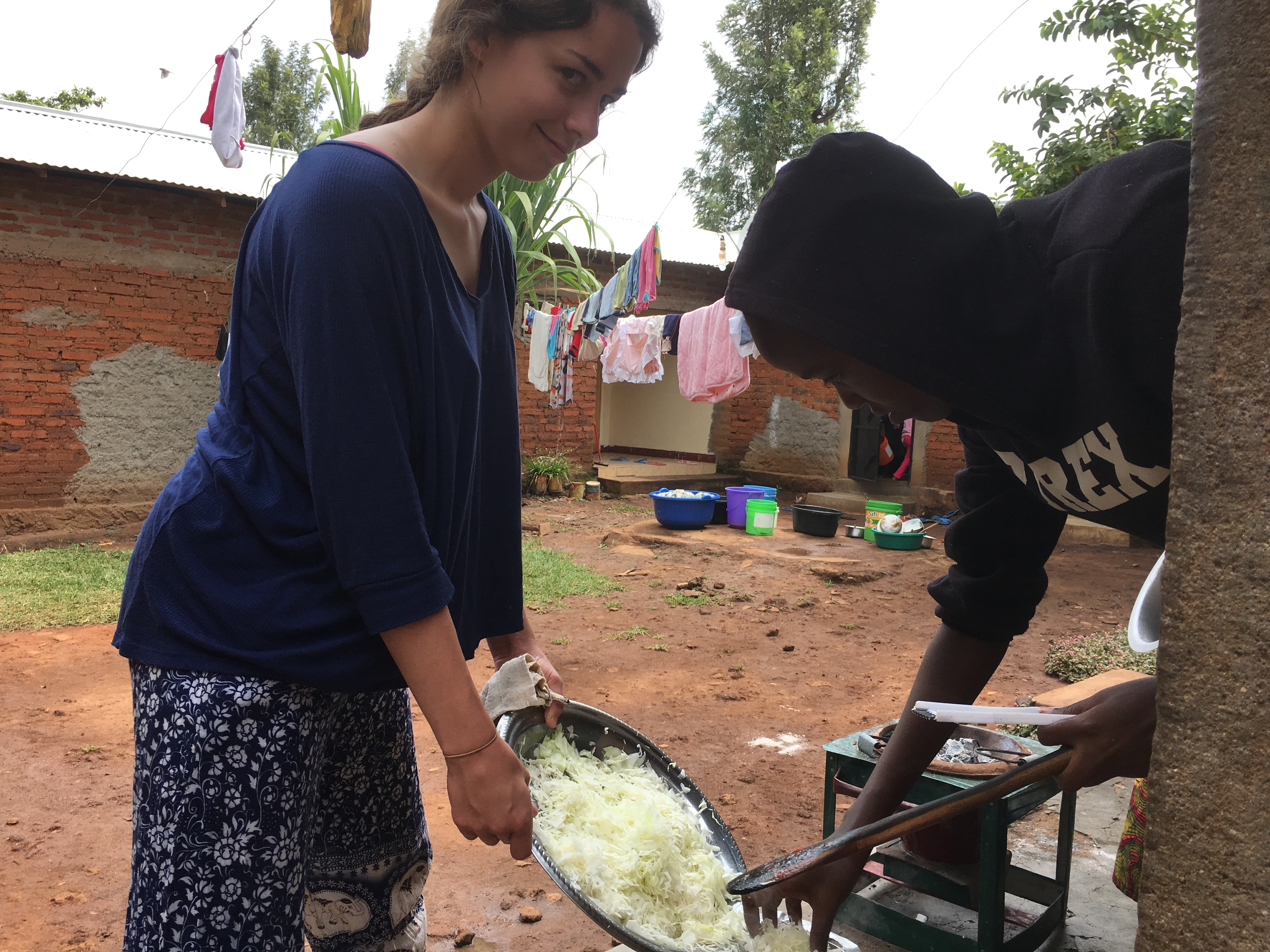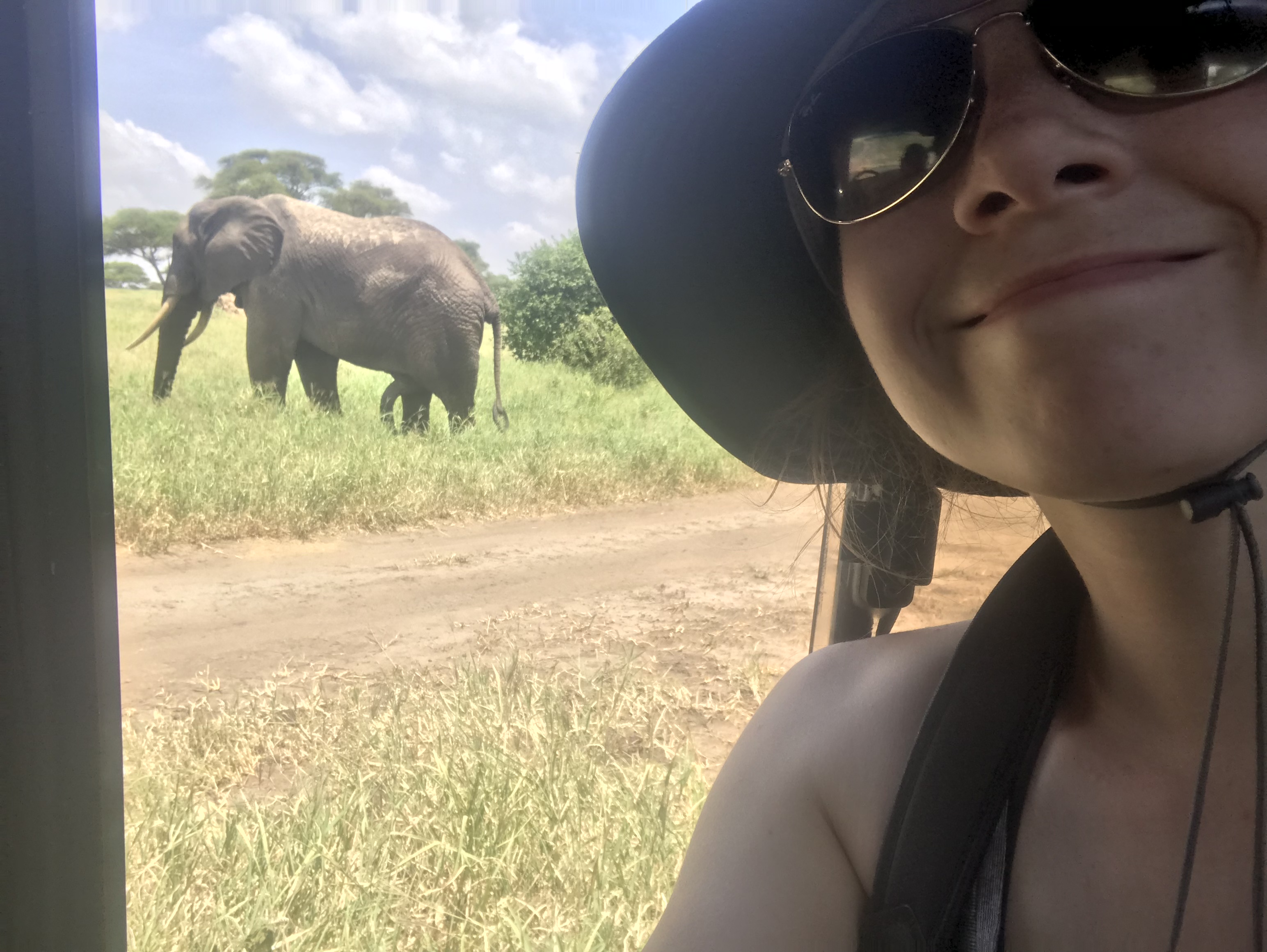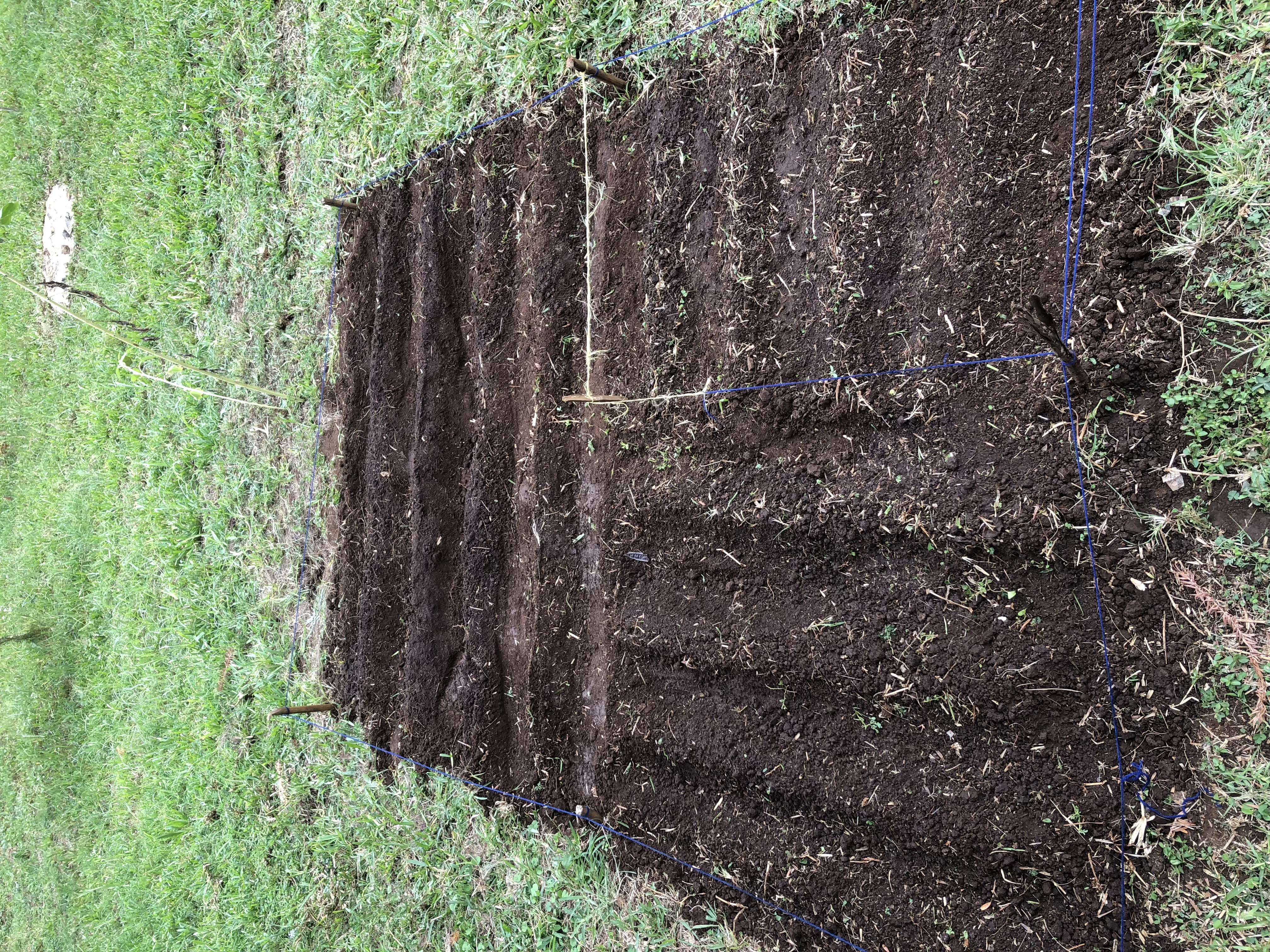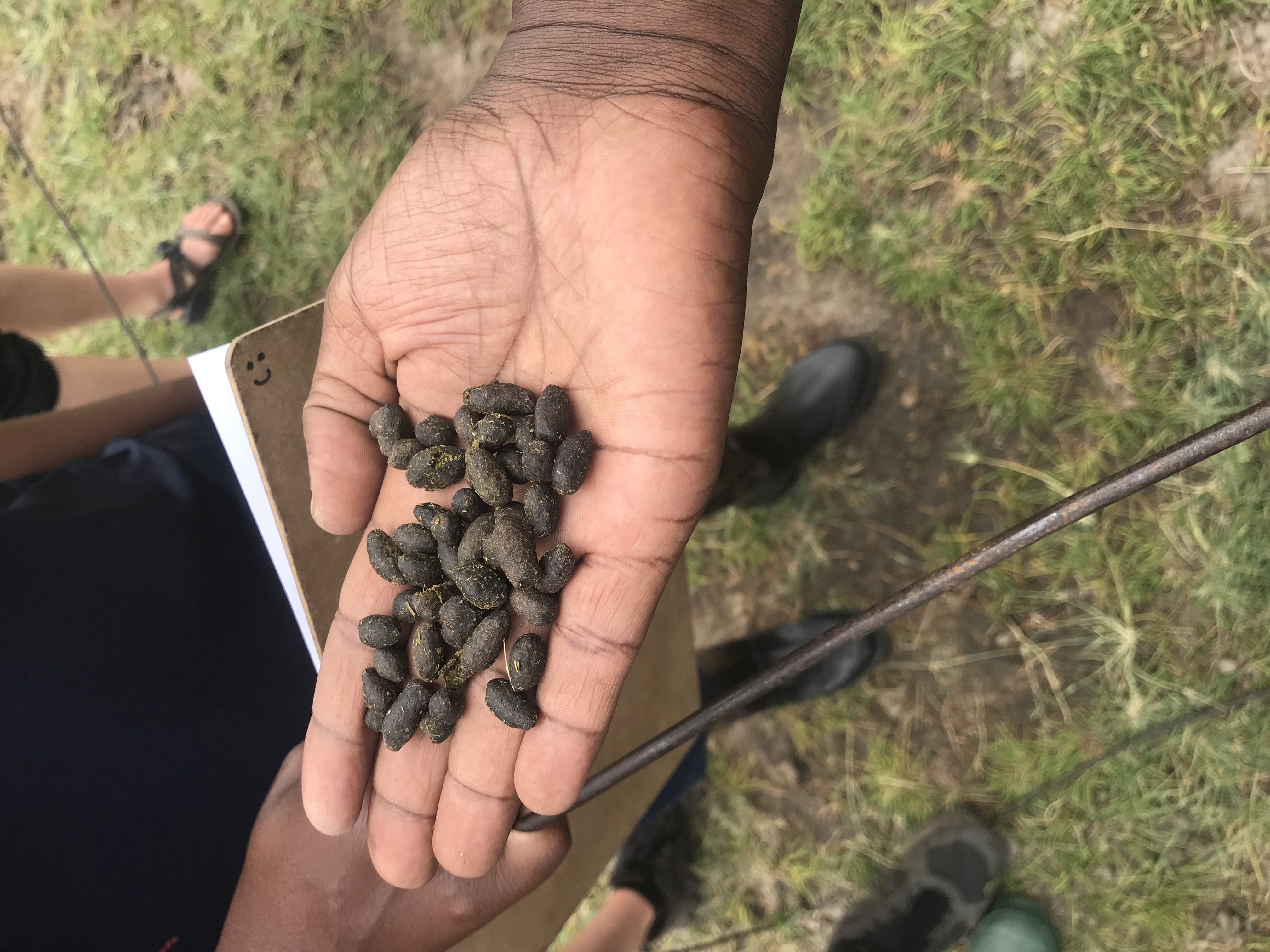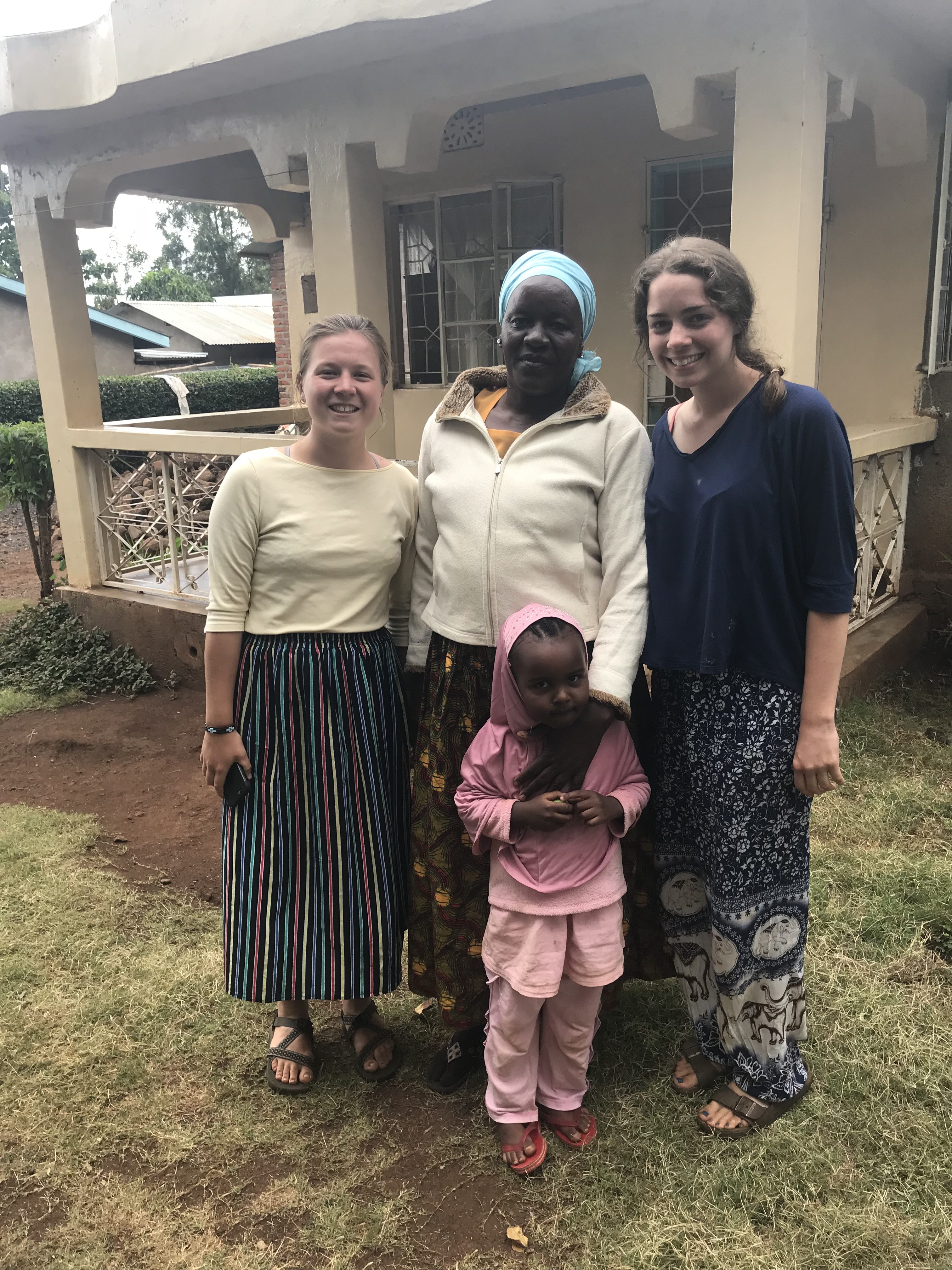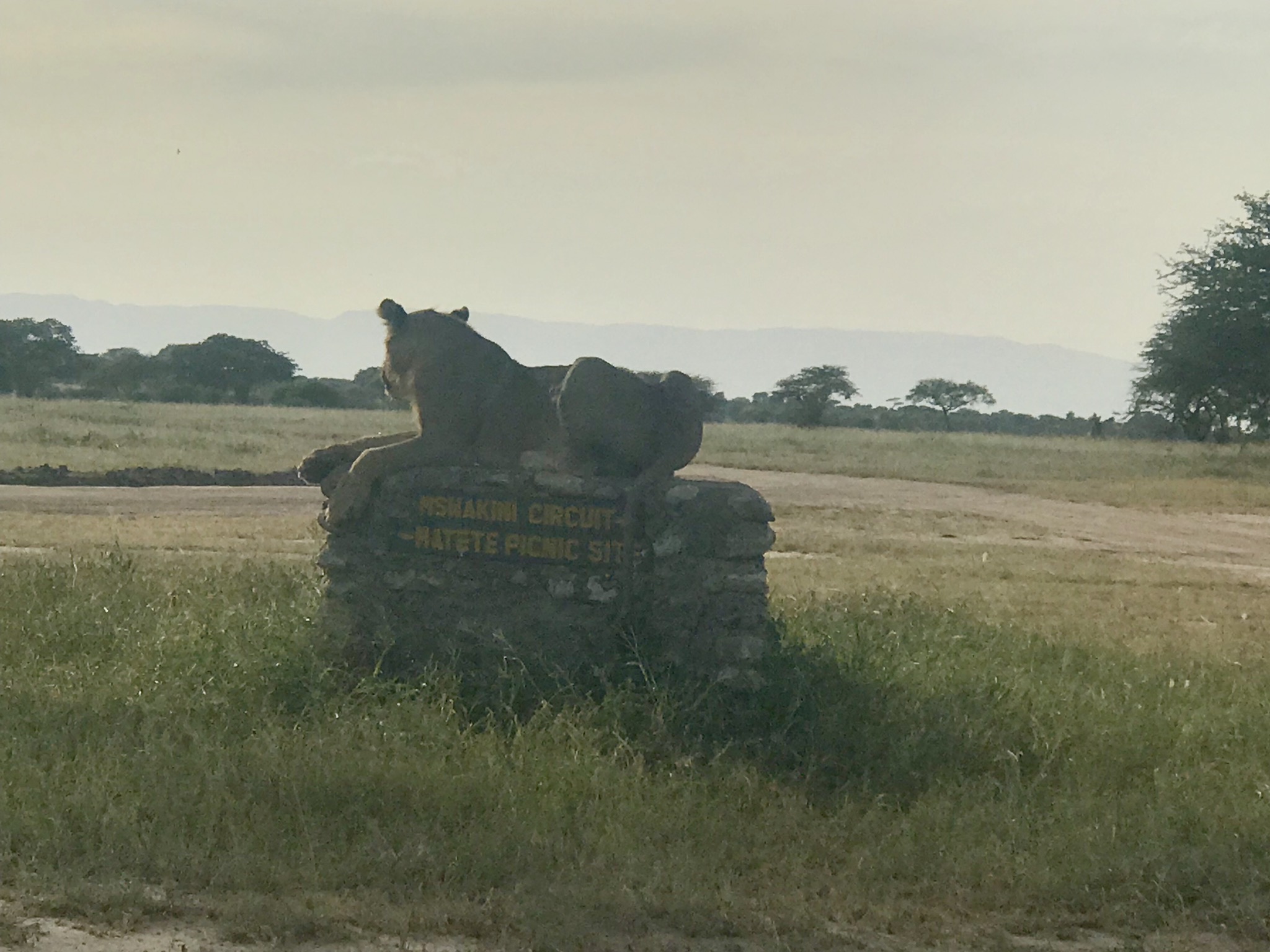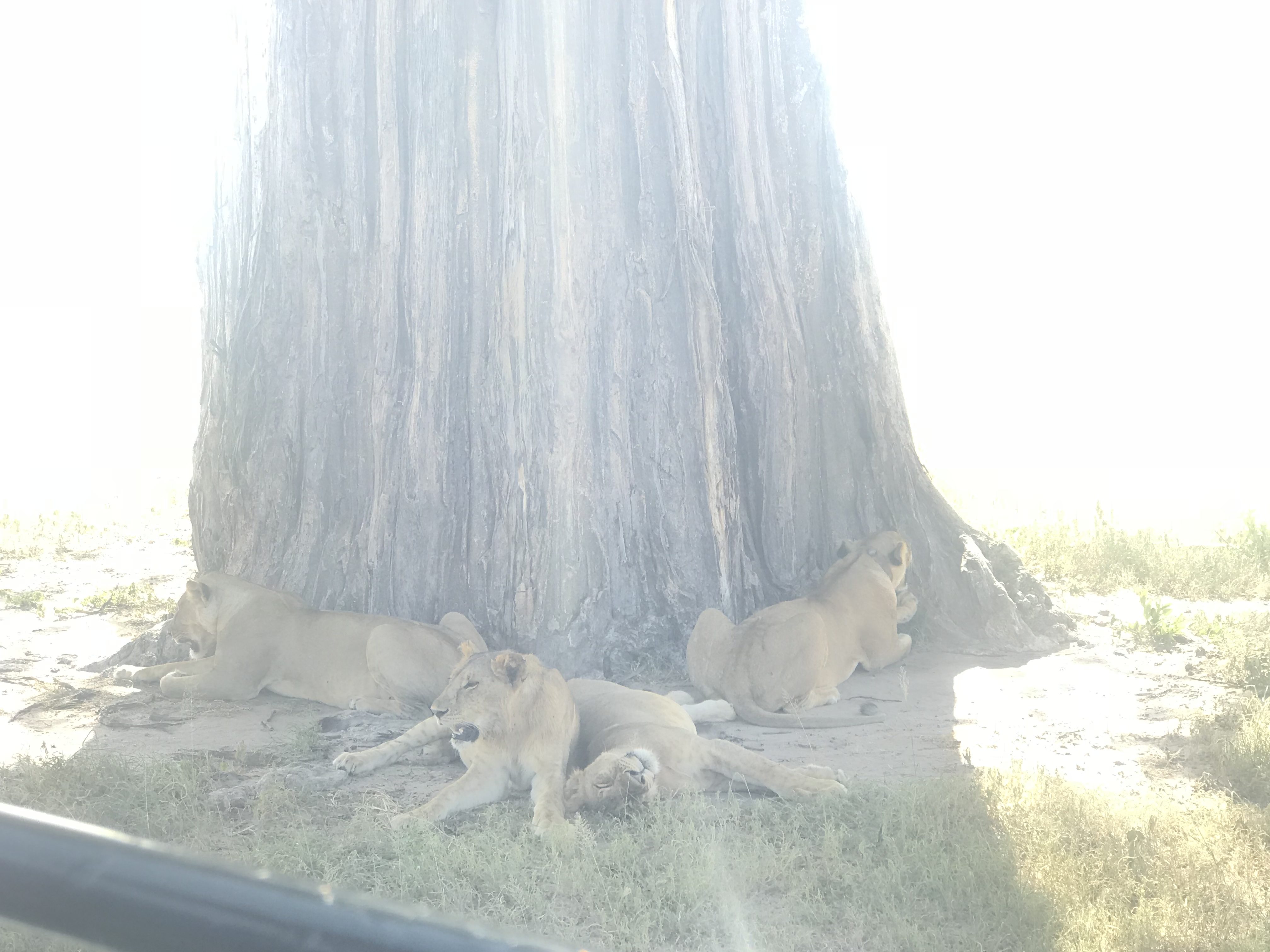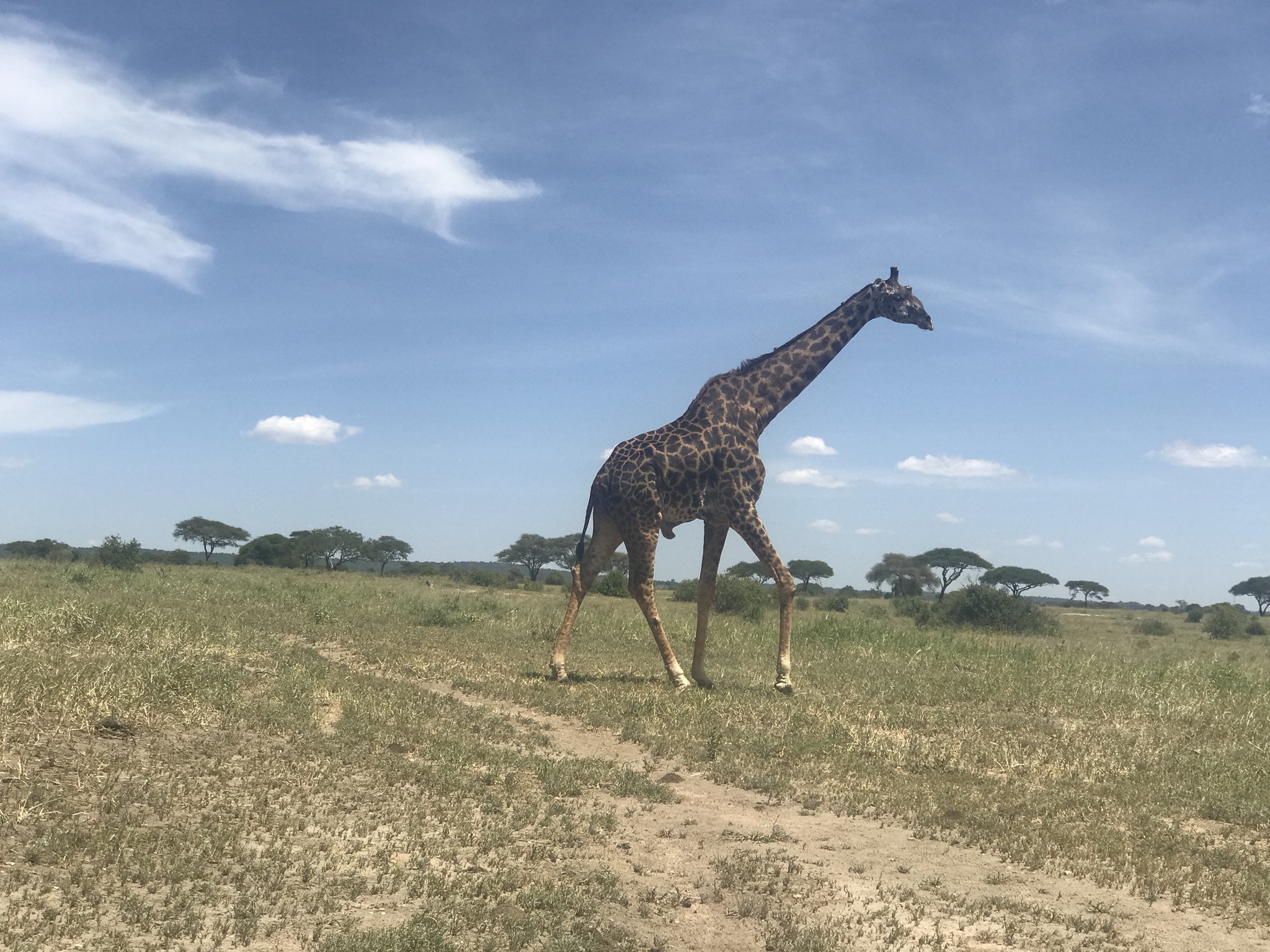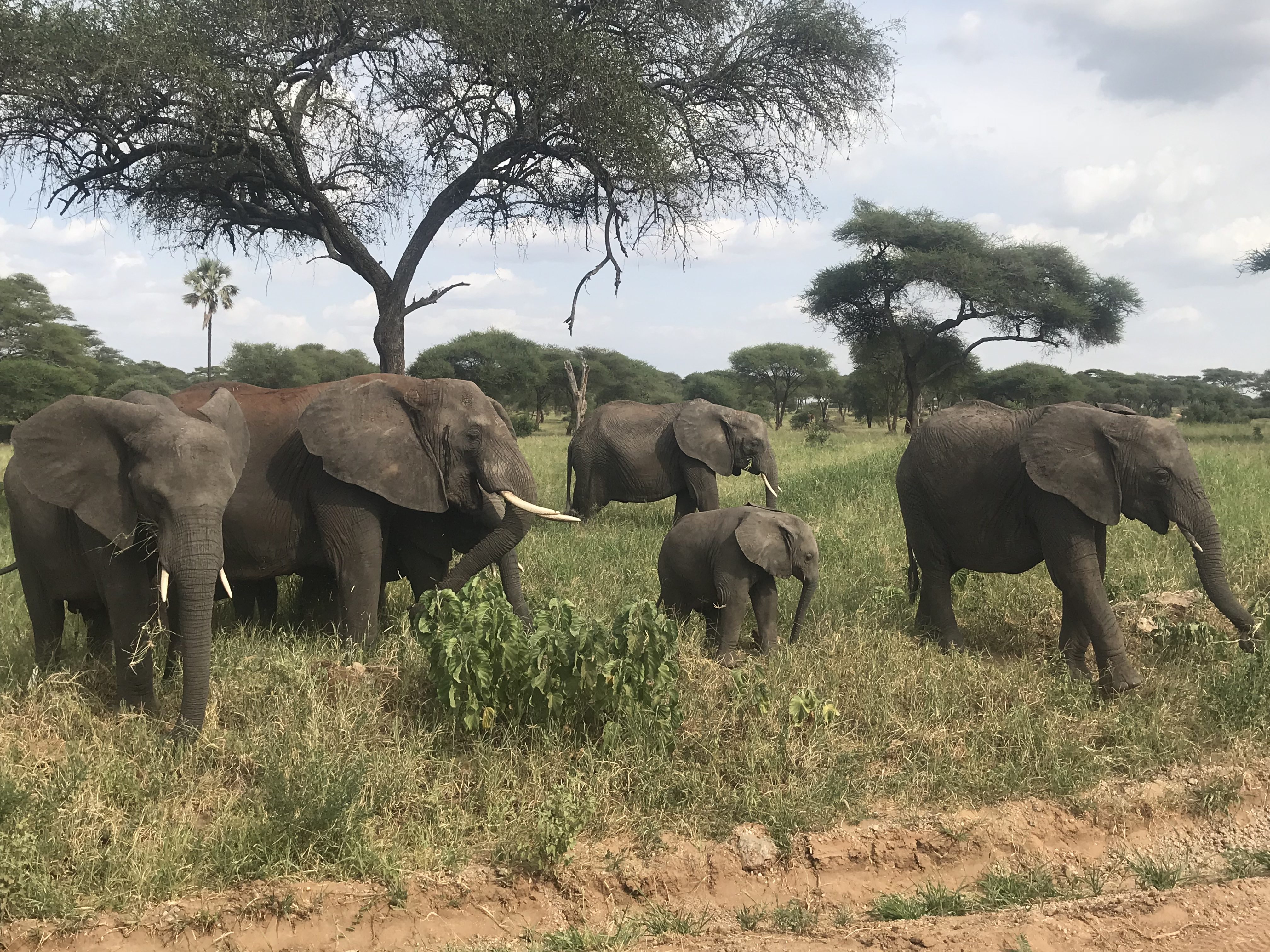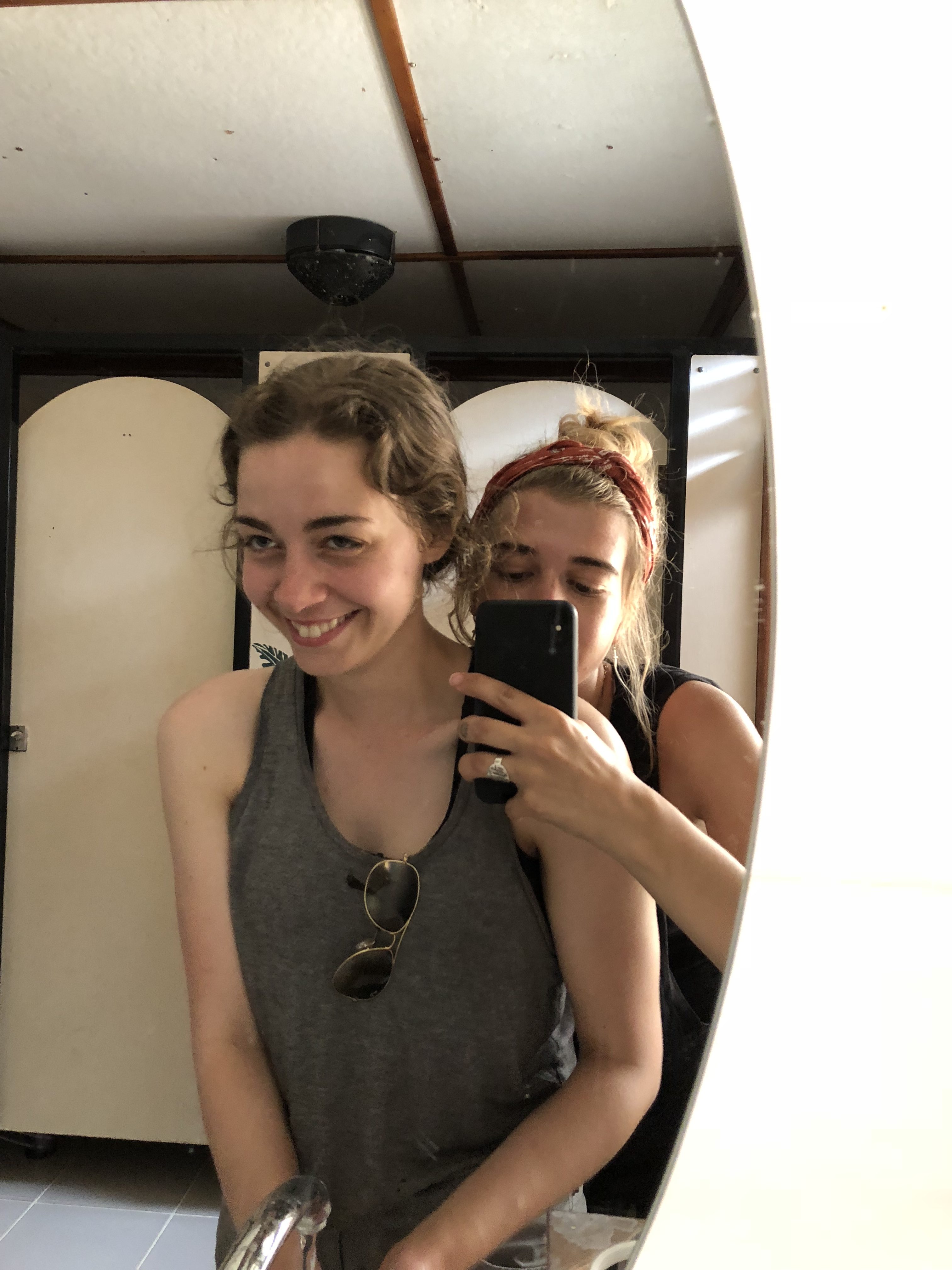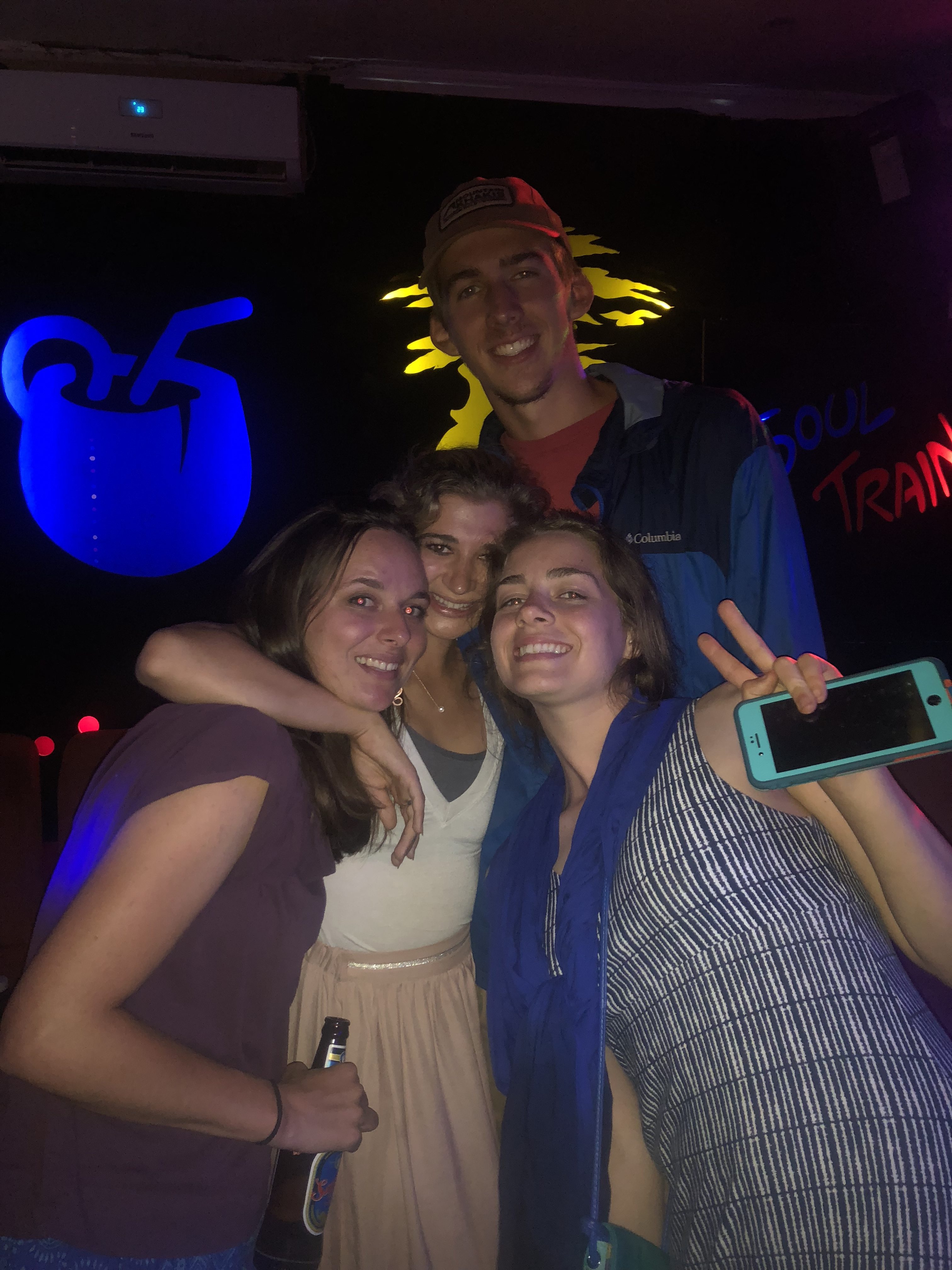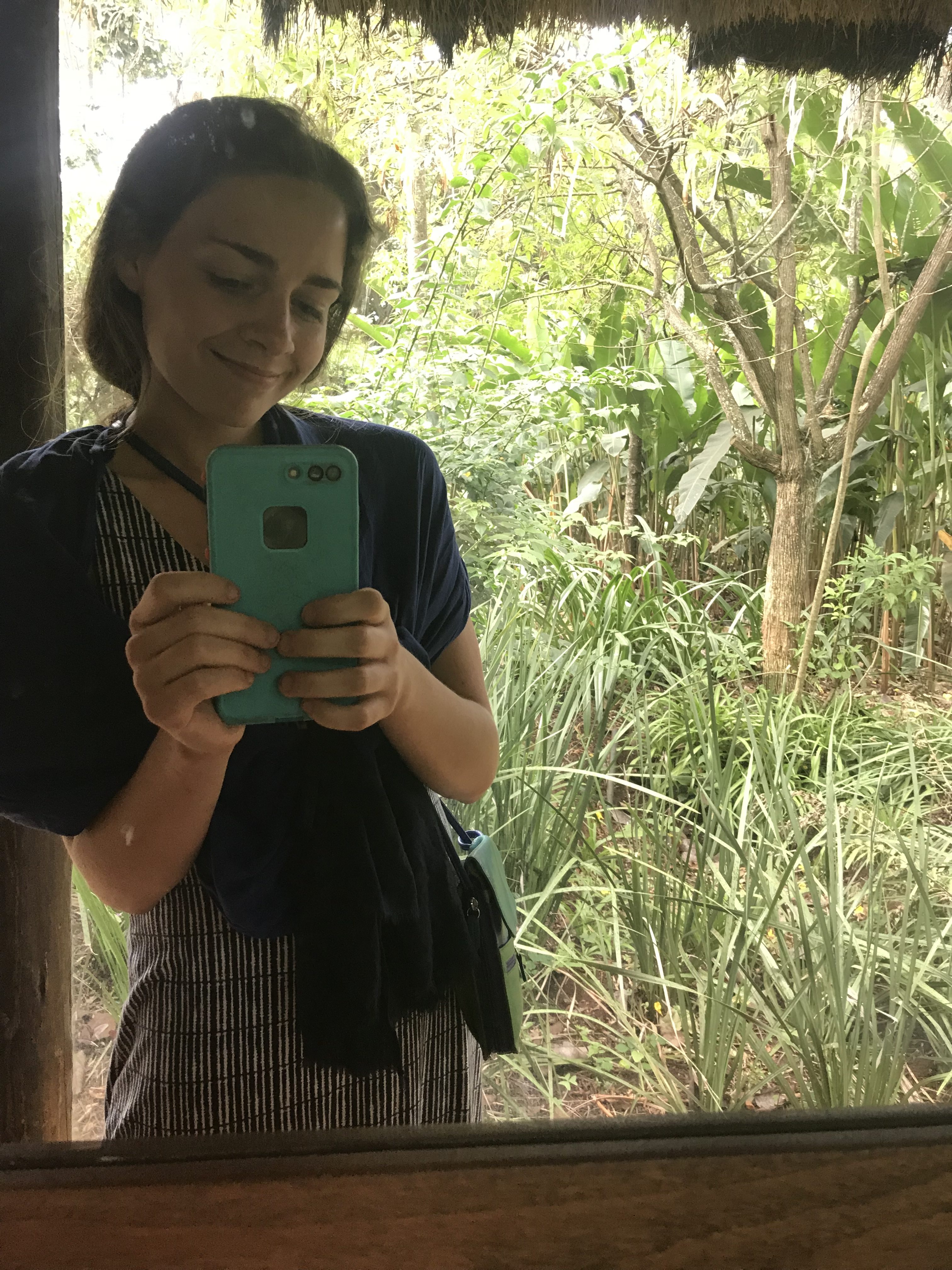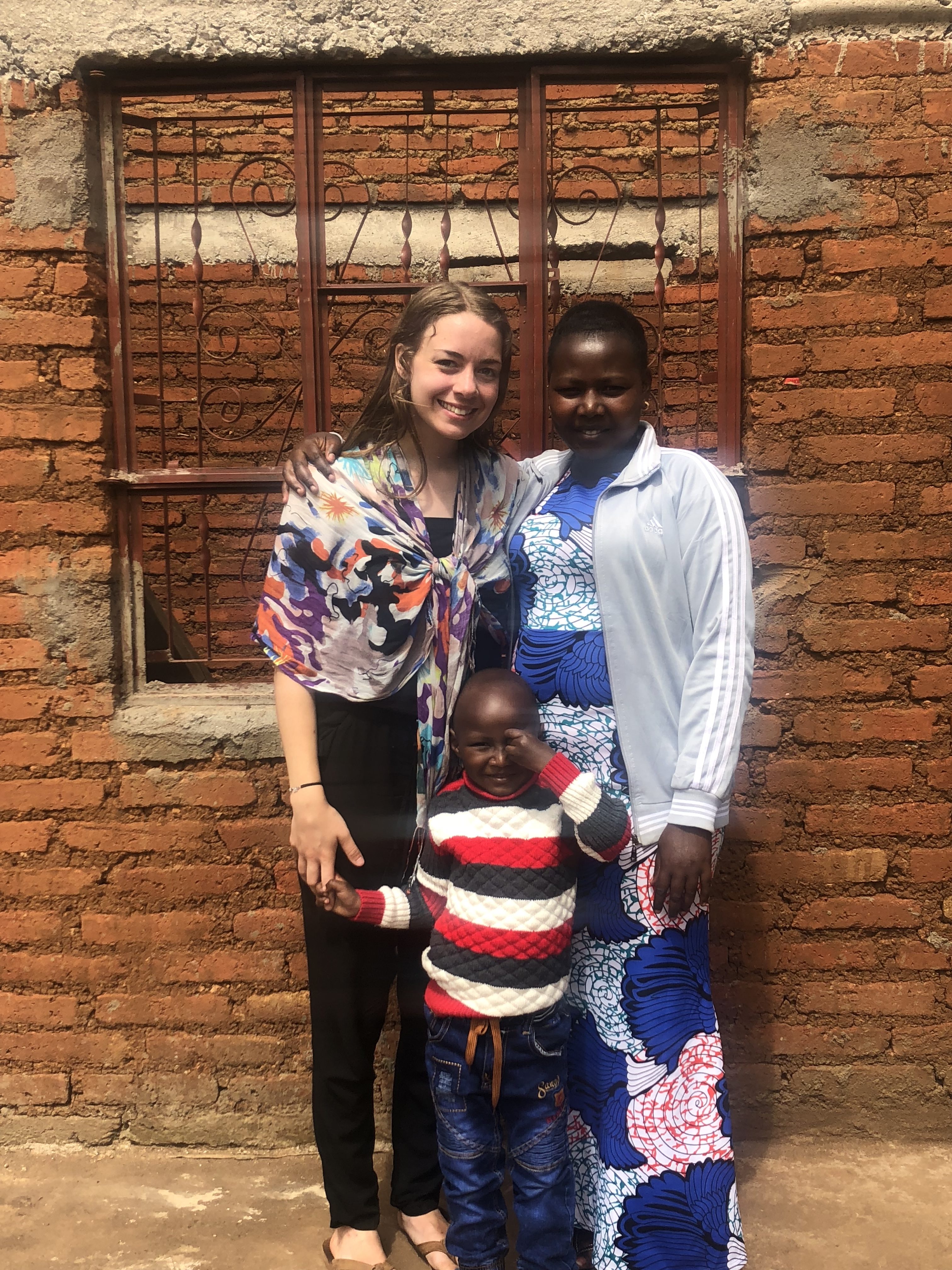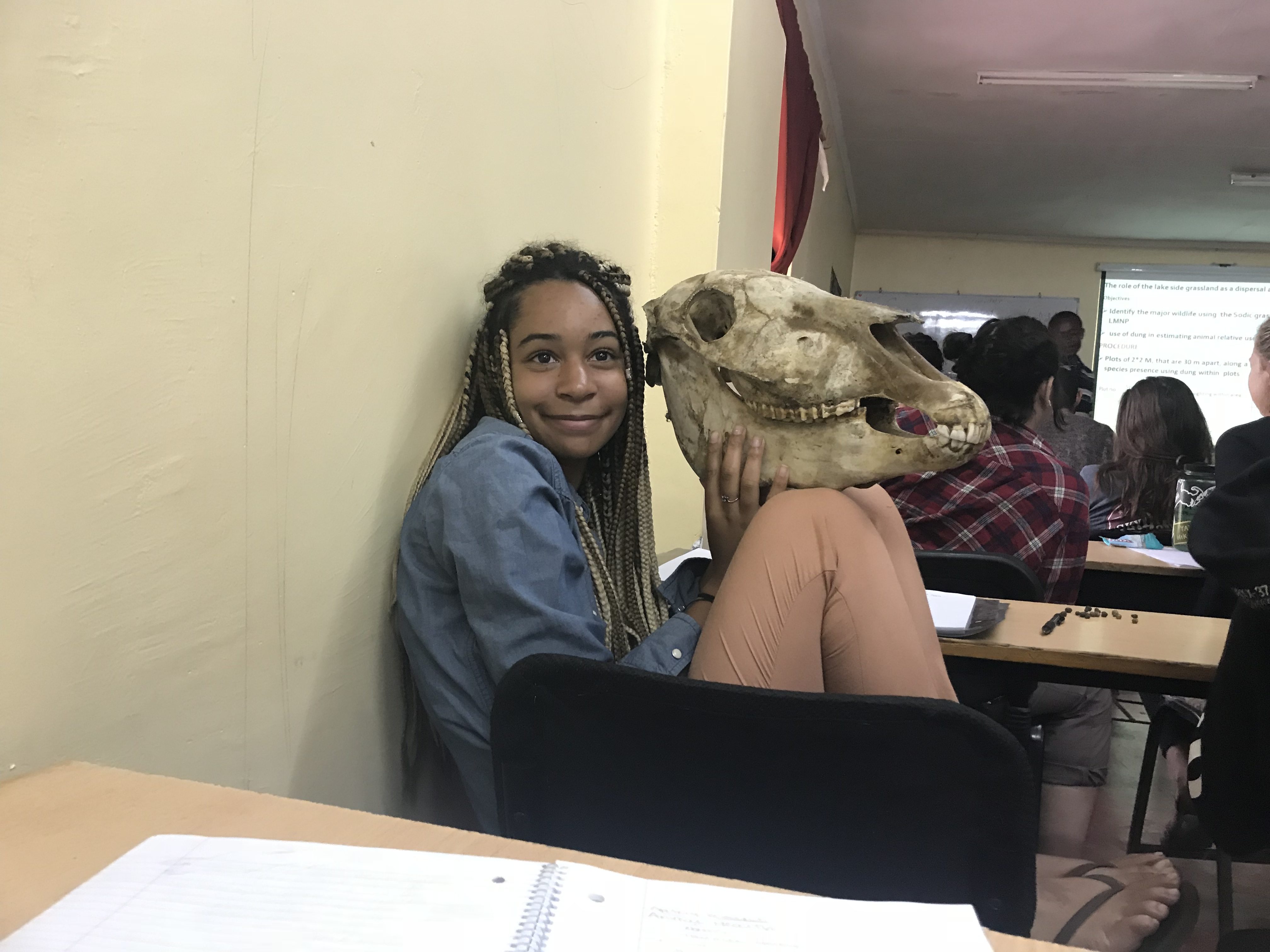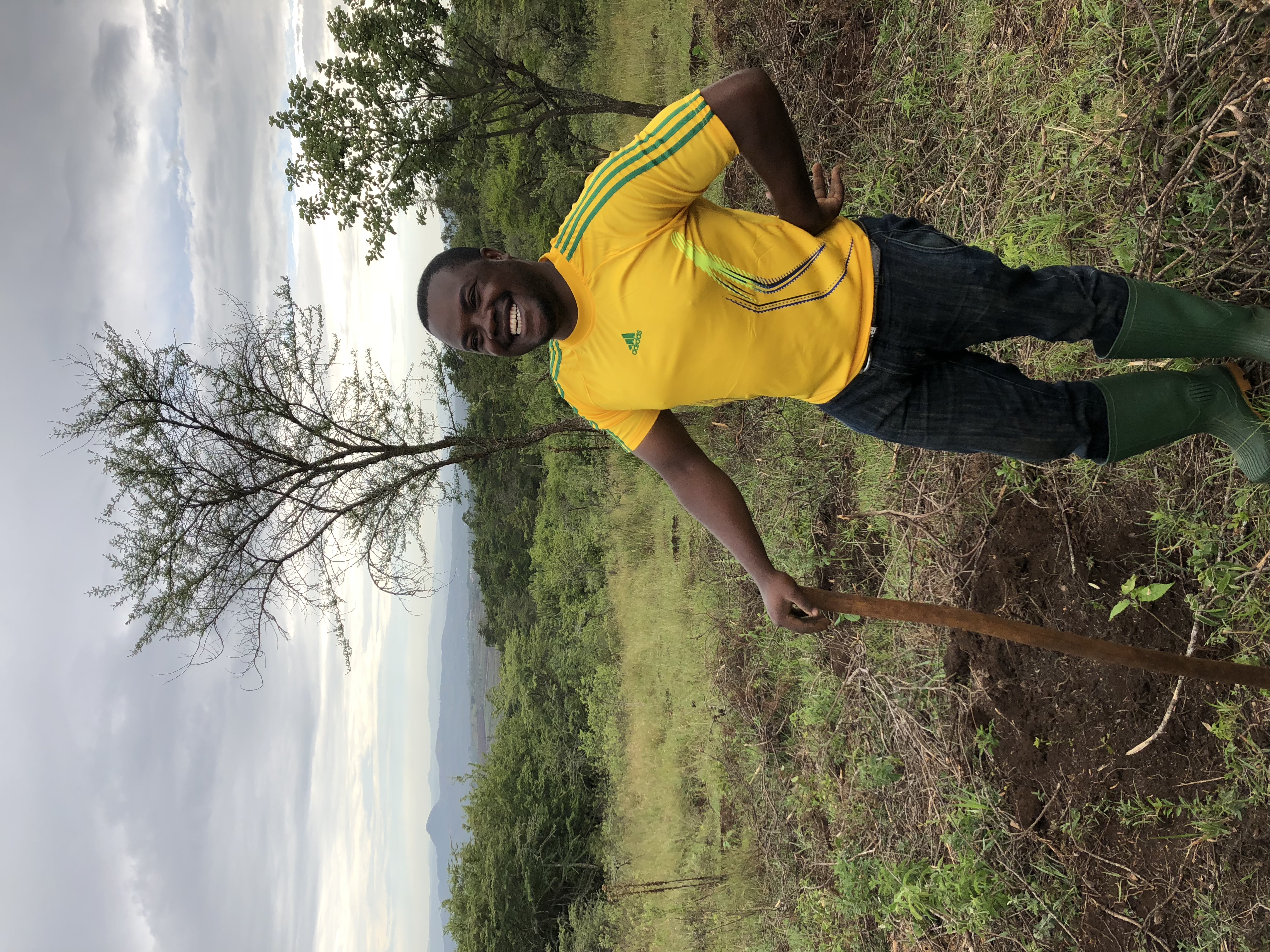Hello, hello!
Things are very well in Tanzania!
Of significant importance over the past two weeks has been cultural tourism. We have had the opportunity to spend time with the Maasai, Hidzabe and Toga tribes through cultural experiences.
To give you an overview:
Cultural tourism is a way for local tribes to gain empowerment and agency in a world where globalization, colonization and the tourist industry have failed them in many ways. Do to colonial actions and post colonial policies, land was taken from indigenous people and exploited in an irreparable way. Today, though conserved land seems good to us, it is land that was taken from tribes and their livestock. They did this despite the fact that it was not the local people that exploited the land, but westerners. Today, it means that traditional pastoralists, such as the Maasai, compete for grass with wildlife and conservationists.
Connected to this, tourists tend to breed a sense of resentment among local people due to the fact that they care so much the wildlife; it is the local people who face the costs of conservation efforts and the wildlife themselves while the westerners get to benefit and have fun. Additionally, tourists often act in a racist way towards communities, impeding on their space and taking unauthorized pictures in an effort to depict a primitive, savage lifestyle.
Also important is the fact that the culture is being lost as globalization leads to higher rates education as well as new jobs and opportunities outside of traditional cultural practices. Though this is obviously a positive affect of globalization, we cannot negate the importance of preserving culture, while also advocating for human rights.
Cultural tourism means that tribes have the opportunity to preserve and promote their culture in a way that they feel good about. It allows them to directly benefit economically through tourism by giving tourists a memorable experience and by selling them their handmade products. However, does this really go as well as planned????
During our time with the Maasai, my mind was definitely 100% opened and I felt that I had gained invaluable context. Unfortunately, our leader, Paolo, said my reaction to the experience as a student varied a lot from most tourists. He said he feels put on display by many tourists and is frustrated that they do want to learn or listen; they are stuck in their beliefs. They show up, watch dancing (which wouldn’t have occurred without them there), take pictures of their homes and outfits, and then leave. Paolo said he is still grateful because his community earns money through their visit, but he said it is disappointing.
On one hand, the experience is promoting the Maasai culture. Without it, people would have to turn elsewhere for jobs. However, if their day to day activities are being affected due to the experience, and people are not even open to their culture… how much is the culture actually being perpetuated?
Another instance. The Hadzabe are the last hunter gatherer tribe in Tanzania, and were some of the most open and welcoming people I have ever met, despite significant language barriers. However, unlike in the Maasai experience, they did not speak any English, and our tour guide was not even from their tribe. We were told that money paid will go towards supplementing their food during the wet season when hunting is difficult, and when food insecurity is an issue; however, I also learned that the income often goes to alcohol which disrupts their traditional lifestyle. On one hand, I learned so much about people, their ability to work with the environment and about a lifestyle I never could have imagined. I paid them and bought two souveneirs. That said, I have some questions: Given that they do not speak English and that our tour guide was not from the tribe, is this something the Hadzabe wanted or was it forced on them as a way to make money? And do they benefit as much as I benefited?
I have so much more to write about in terms of sociocultural norms and how they interrelate with the economy and ecology. Unfortunately (or fortunately) my van leaves for the Serengeti in 20 minutes, so it will all have to wait until we return home!
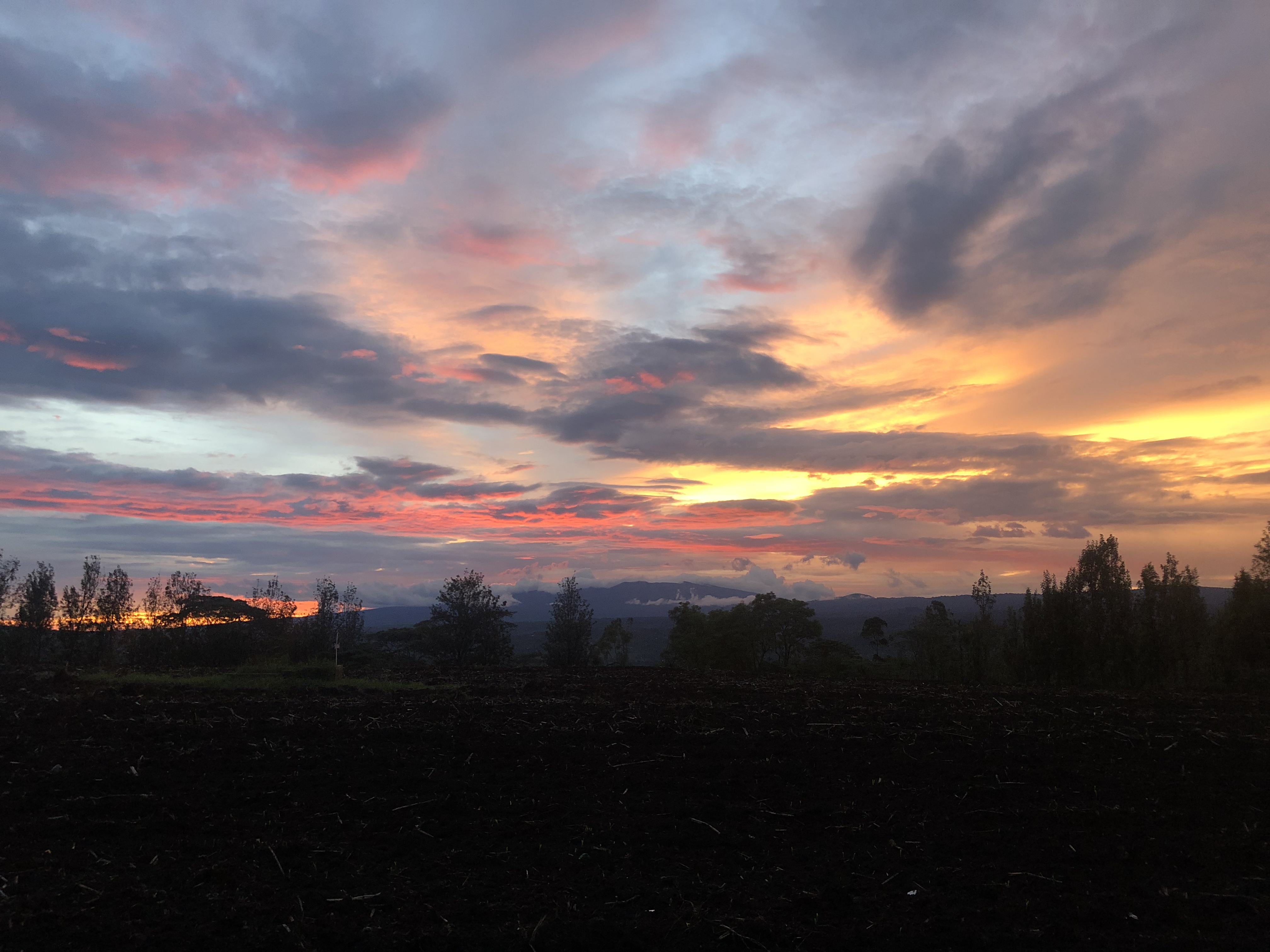
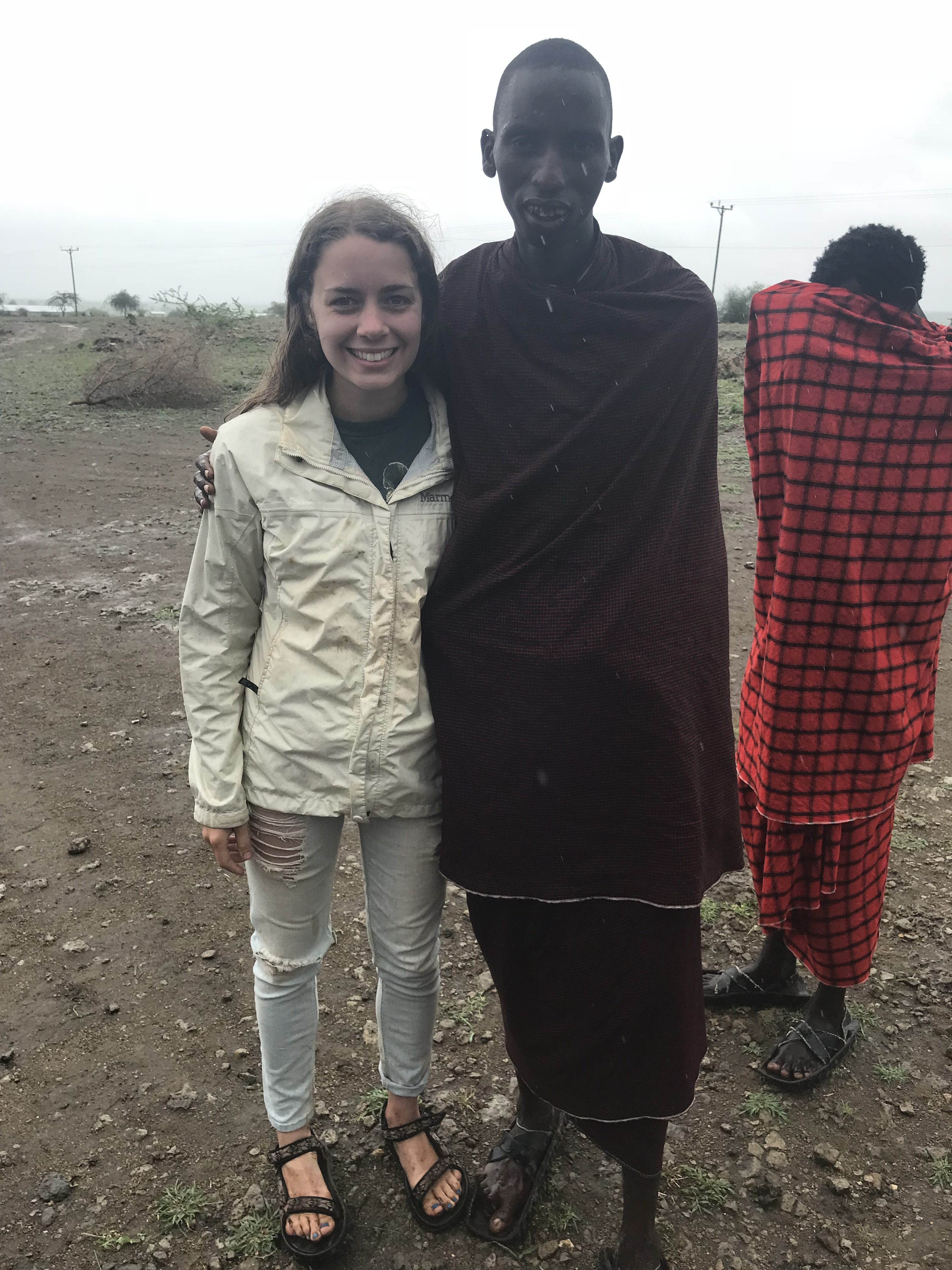
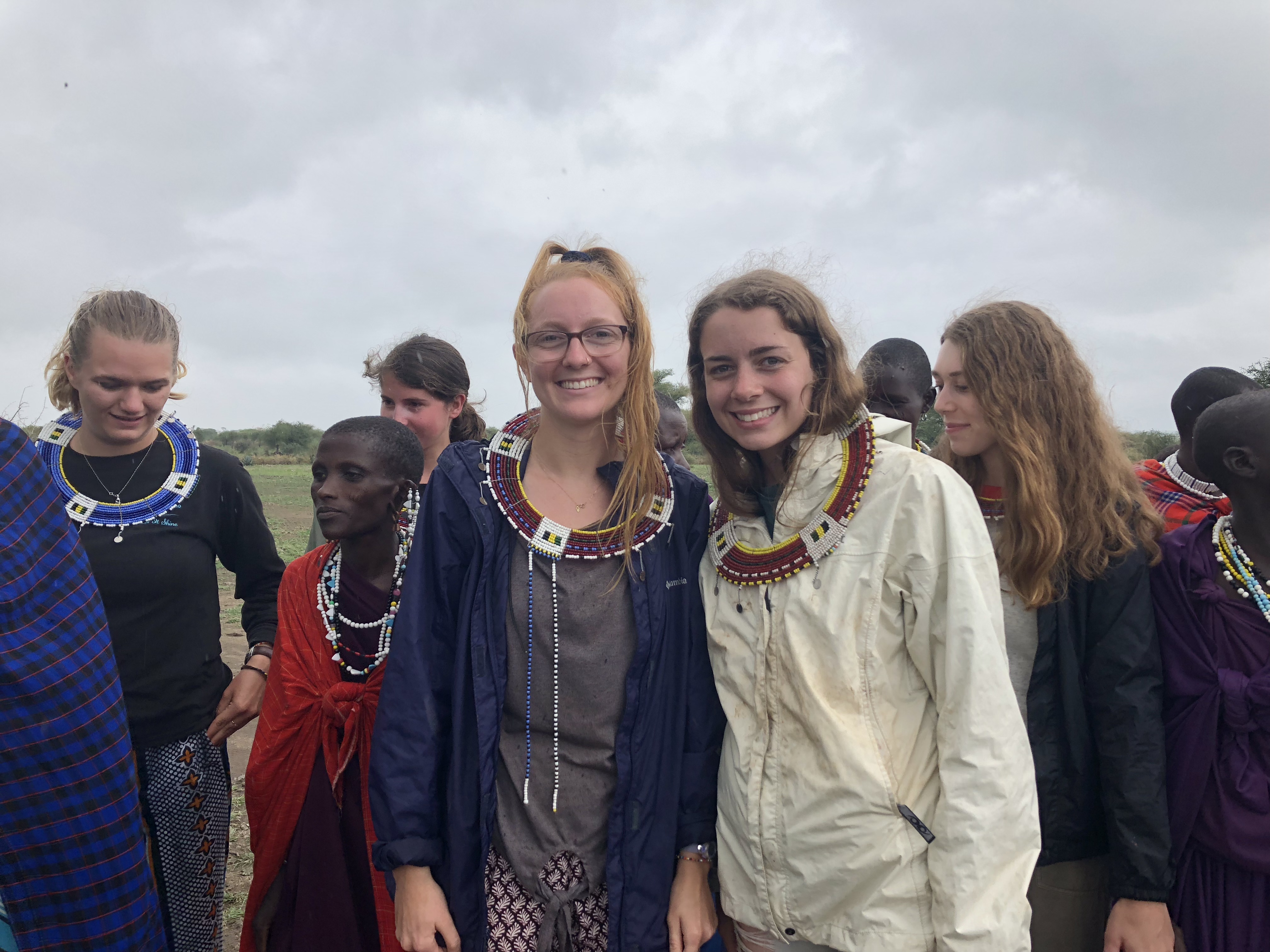
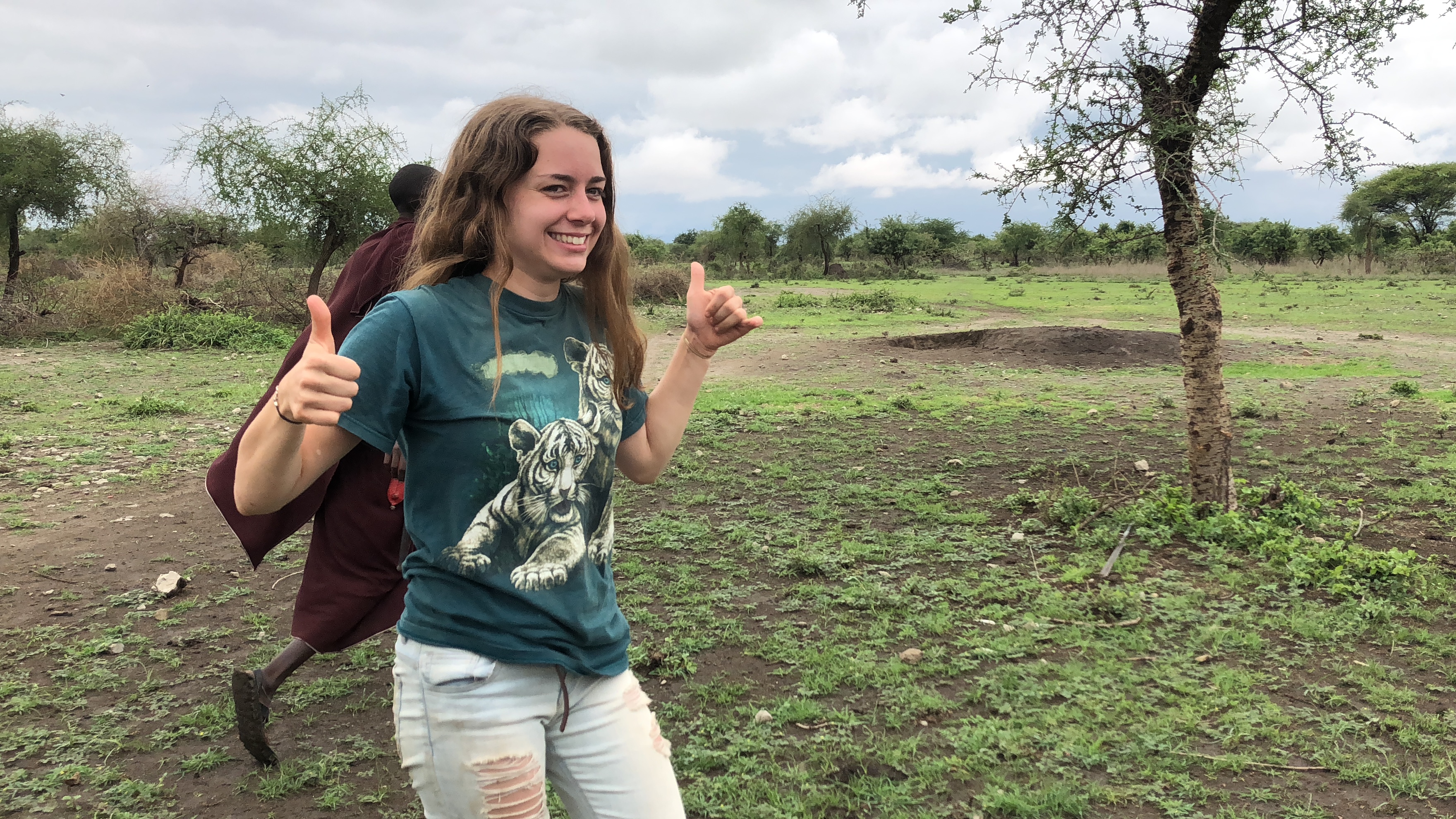
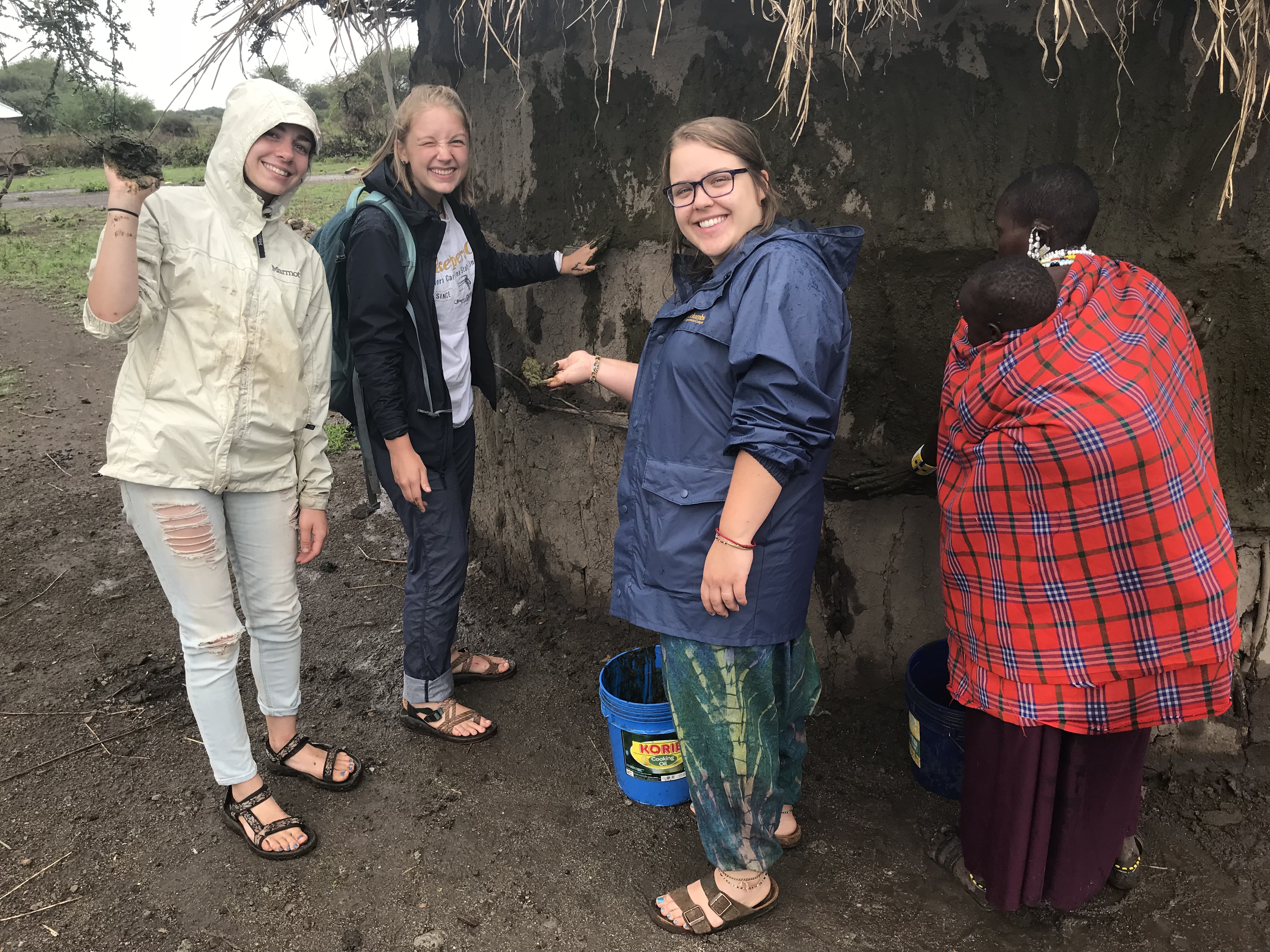
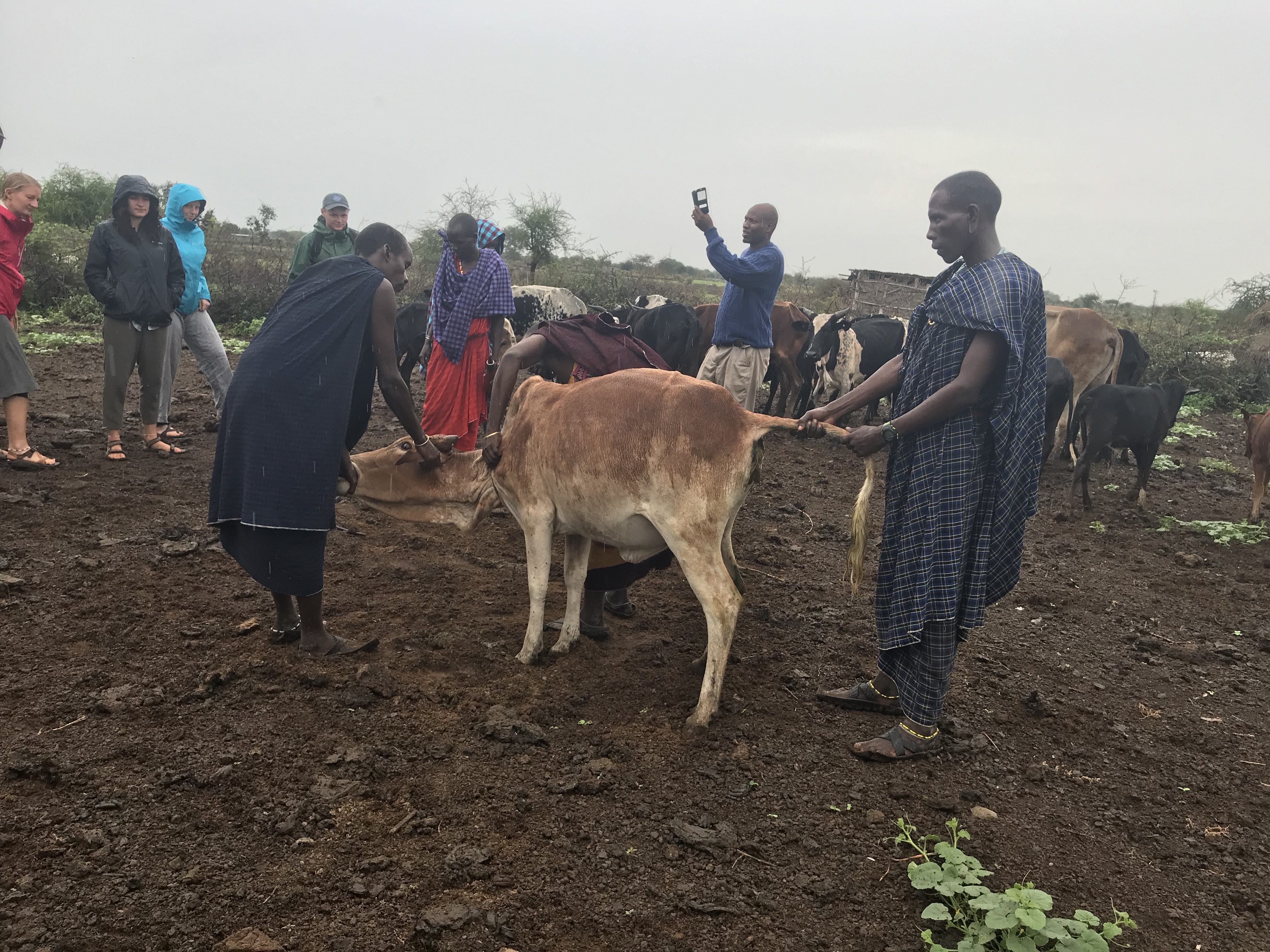
Some spear throwing with the Maasai!
Rubbing some more dung!!
From the Hadzabe cultural boma!
Also from the Hadzabe cultural boma!! Making FIRE!
